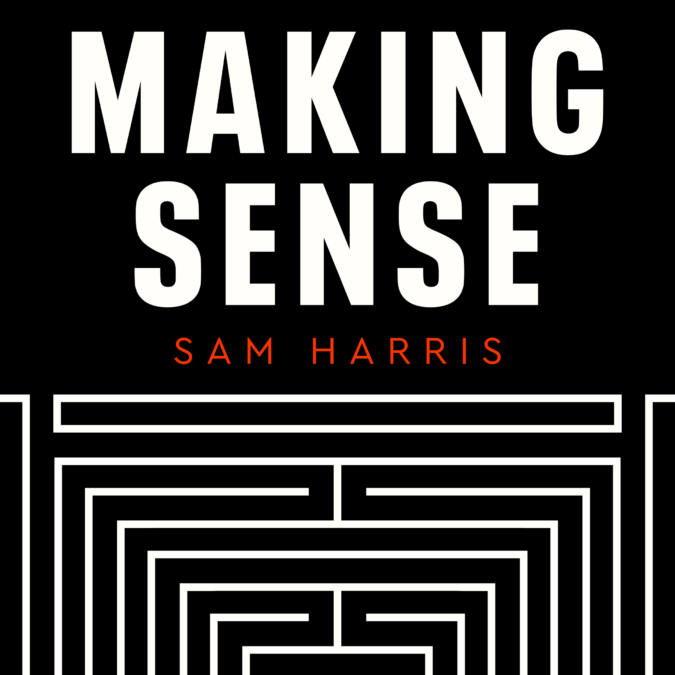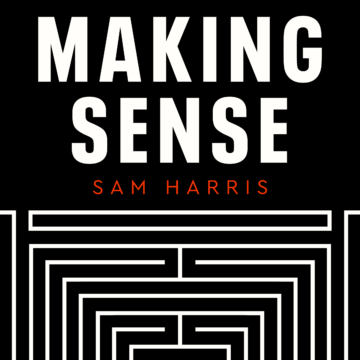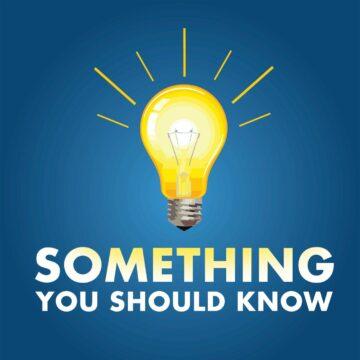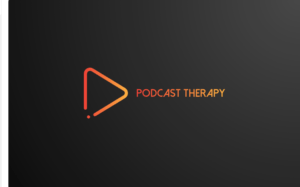In this episode, we traverse a decade of Sam’s conversations on the topic of meditation.
We start with the very first recorded episode from the archives: a conversation with Sam’s meditation teacher and friend, Joseph Goldstein. Goldstein recalls how his thinking was unlocked—allowing him to fully realize the power of the practice—by the utterance of one single word.
We then hear from author Richard Lang as he guides us towards a strangely obvious insight that came to be known as “the headless way.” Next, philosopher and neuroscientist Thomas Metzinger employs his vast expertise in both neurobiology and meditation to show how our brains generate a model of the world and self, and how meditation can help us catch that process in the act.
Psychiatrist Judson Brewer then shifts the conversation to some very practical applications of mindfulness meditation, addressing the problem of addiction to things like food, smoking, or drugs by retraining the reward centers in our brains. Next, Daniel Goleman and Richard Davidson dig into the neuroscience of meditation and discuss how experienced meditators may actually be physically altering their brains.
We then listen in on Sam’s conversation with author Robert Wright, who defends the claim that “Buddhism is true.” Sam and Wright discuss the validity of this claim while ensuring they keep it separate from the political and moral behaviors of Buddhist nations and individuals.
We conclude with Sam delivering the answer to a question posed by the Belgian neuroscientist Steven Laureys. In doing so, Sam provides a comprehensive tour of his philosophies. He ties together his personal brand of moral analysis, his reverence for science and truth seeking, and his reasoning as to why he still meditates and why he proudly promotes the practice.
About the Series
Filmmaker Jay Shapiro has produced The Essential Sam Harris, a new series of audio documentaries exploring the major topics that Sam has focused on over the course of his career.
Each episode weaves together original analysis, critical perspective, and novel thought experiments with some of the most compelling exchanges from the Making Sense archive. Whether you are new to a particular topic, or think you have your mind made up about it, we think you’ll find this series fascinating.







![[Unedited] Mehmet Oz with Krista Tippett](https://xxpodcastxx.com/wp-content/uploads/2019/05/On-Being-with-Krista-Tippett-360x360.jpg)
